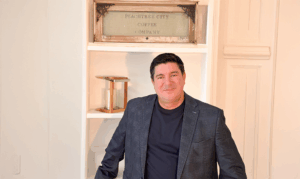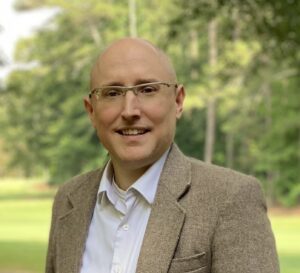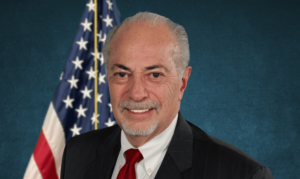The City Council’s controversial action in approving a sweeping revamp of Peachtree City municipal programs — in the process ousting Randy Gaddo, director of leisure services, and Scott Christopher, recreation facilities manager, from their jobs and demoting City Planner David Rast — highlights the urgent need for improvement of Georgia’s open meetings law.
Many residents who considered Mr. Gaddo, Mr. Christopher and Mr. Rast valuable city employees are upset about the way they have been treated. But citizens are, if anything, even more miffed because the action was consummated with only 26 hours of public notice.
As The Citizen has revealed, the council had been discussing this move in secret before a vote was hurriedly scheduled on the afternoon of June 15 and taken at the regular meeting the following evening.
The newspaper story noted that the City Council staff put the vote on the June 16 agenda after hearing that word was getting out about the pending action.
It turns out that the city manager on June 14 briefed affected city workers and heads of athletic associations about the matter.
It is mind-boggling that anyone was so naive as to think the news would not start to spread after so many people in and out of city government had been informed.
Truly the action involves far more than the jobs of three key city employees. It is a major reorganization of public services with budgetary implications.
City Manager Jim Pennington acknowledged as much when quoted in a press release as saying he recommended it to fix a “discontinuity” in city operations and to achieve an organizational streamlining. Something of that importance deserves more, not less, public disclosure and debate.
But of course it eliminates two high-profile positions and downgrades another, a fact that gave the council a convenient excuse to discuss the reorganization in secret because Georgia law permits — but does not require — discussions that involve personnel to be held behind closed doors.
It was a pretty cowardly maneuver during the June 16 meeting when council members retreated into yet another “executive” session after hearing loud protests about the changes from members of the public who were present.
Indeed, it was rather comical because the three persons whose jobs are affected already knew what was happening because of the earlier briefing. The only feelings that were soothed by the abrupt secret meeting were those of the mayor and council members.
This is a good time to launch a determined campaign to remove this “personnel discussion” exemption, and probably some others, from the Georgia open meetings law.
It is an effort that should be mounted by individual citizens and groups like the Georgia Press Association, broadcast media organizations, the League of Women Voters and any others who believe in openness and accountability by our public servants.
Of course, once any such proposal is made, we can expect elected officials and a good many bureaucrats to scream like stuck pigs, complaining that they cannot speak candidly in public and forecasting all sorts of dire results if the public is permitted to see even more of how its business is being handled.
I am sure similar protests were voiced when the present open meetings statute was enacted, but our government not only has survived, but has been enhanced. That has been the case in my native state of Tennessee, which has no such “personnel discussion” exemption in its sunshine law.
The fundamental principle is that elected and appointed officials are handling the public’s business, not their own. Doing it in secret is abhorrent in a free society.
Joe T. Gilliland
Peachtree City, Ga.
[The editor responds: Amen! Preach it, brother! And yes, I was around reporting the news when the original open meetings law went into effect in the early 1970s during the governorship of Jimmy Carter, and yes, there were great cries of distress then from elected officials that government would grind to a halt. Unfortunately, it didn’t.]











Leave a Comment
You must be logged in to post a comment.